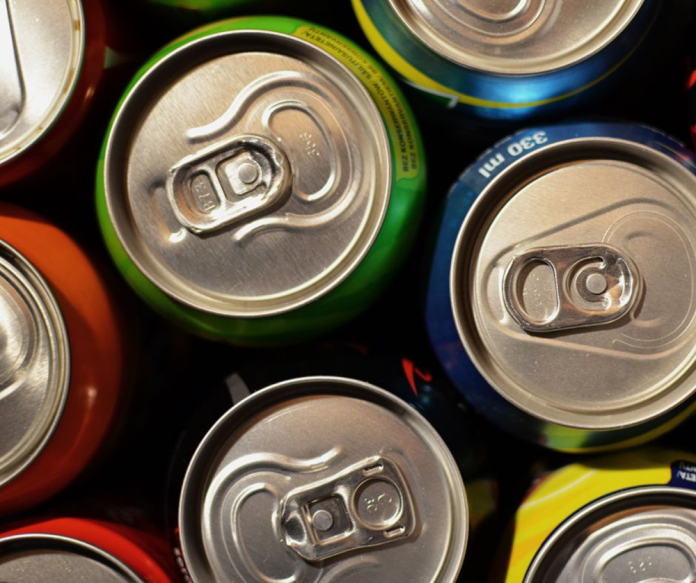Pakistan is navigating complex fiscal pressures ahead of its FY 2025-26 budget, needing to bolster defense due to regional instability and address a severe Non-Communicable Disease (NCD) epidemic, while adhering to IMF fiscal targets. To raise revenue, increasing Federal Excise Duty (FED) on formal sectors— particularly tobacco, dairy, and beverages sectors—is a prominent, and often repeated, proposal. Supporters believe this will quickly fill state coffers and improve public health.
However, this policy risks significant adverse effects. Higher taxes on legitimate businesses can make their products expensive, inadvertently pushing consumers towards the informal market’s cheap, untaxed, and often unsafe substitutes. This undermines revenue goals, promotes counterfeit goods, and poses public health dangers. Formal industries, like the beverage sector (a Rs 175 billion+ annual tax contributor), warn of declining sales, job losses, and stalled investments, arguing that more predictable, lower tax rates could actually increase overall revenue. They also highlight their efforts in offering healthier alternatives, unlike their informal counterparts.
The government’s decision is crucial: either place a heavier burden on already compliant sectors for immediate, but potentially unsustainable, revenue, or implement comprehensive reforms to broaden the tax base by including Pakistan’s extensive informal economy. The upcoming budget will signal Pakistan’s chosen path between these short-term fixes and long-term economic health.


